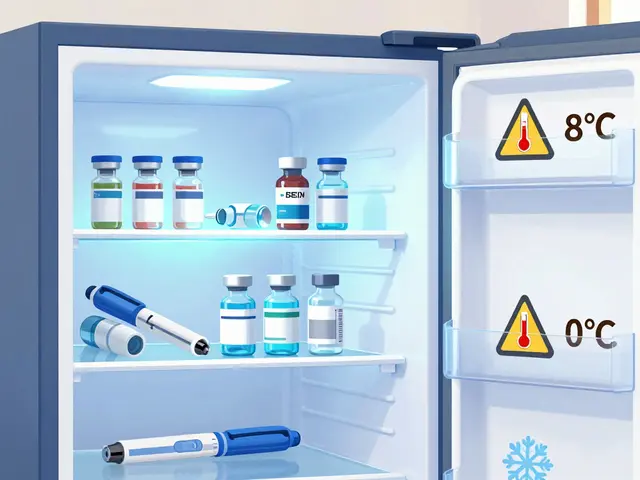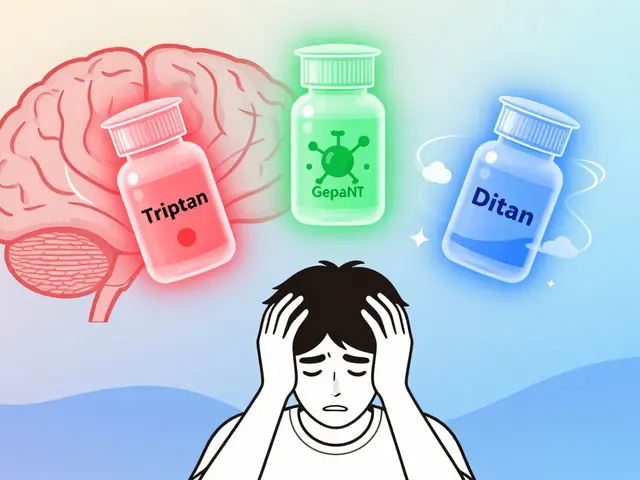Vaccination: What It Is, How It Works, and Why It Matters
When you get a vaccination, a medical procedure that trains your immune system to recognize and fight specific pathogens without causing illness. Also known as immunization, it’s one of the most effective ways to stop infectious diseases before they spread. It’s not just about avoiding a shot—it’s about breaking chains of infection that can hit your kids, elderly parents, or neighbors with weak immune systems.
Every vaccine works by showing your body a harmless piece of a virus or bacteria—like a wanted poster for germs. Your immune system learns to recognize it, builds memory cells, and stays ready. If the real germ shows up later, your body responds fast, often stopping the infection before you even feel sick. This is why diseases like polio and measles, which once crippled thousands, are now rare in places with high vaccination rates. But protection doesn’t last forever for everyone. Some vaccines need boosters. Others, like the flu shot, change yearly because the virus mutates. That’s why staying up to date matters—not just for you, but for the people around you.
Vaccines don’t just target one disease. They cover everything from hepatitis B, a liver infection spread through blood or bodily fluids to shingles, a painful reactivation of the chickenpox virus in older adults. Even conditions like cervical cancer can be prevented with the HPV vaccine. And while antibiotics treat infections after they happen, vaccines stop them before they start. That’s why prevention through vaccination is cheaper, safer, and less stressful than treating outbreaks. You won’t find a single vaccine in our posts that doesn’t tie back to real-life health choices—whether it’s managing bacterial infections, avoiding drug side effects from unnecessary antibiotics, or understanding how immune health connects to everything from skin conditions to chronic illness.
What you’ll find below are clear, no-fluff comparisons and guides that show how vaccination fits into real health decisions. From how it reduces the need for antibiotics like tetracycline or minocycline, to how it protects people with conditions like ulcerative colitis or myasthenia gravis from dangerous secondary infections—this isn’t theory. It’s practical, everyday health wisdom you can use.
Learn proven ways to stop chronic hepatitis B spread, from newborn vaccination to safe‑injection programs, with practical steps for individuals and policymakers.



